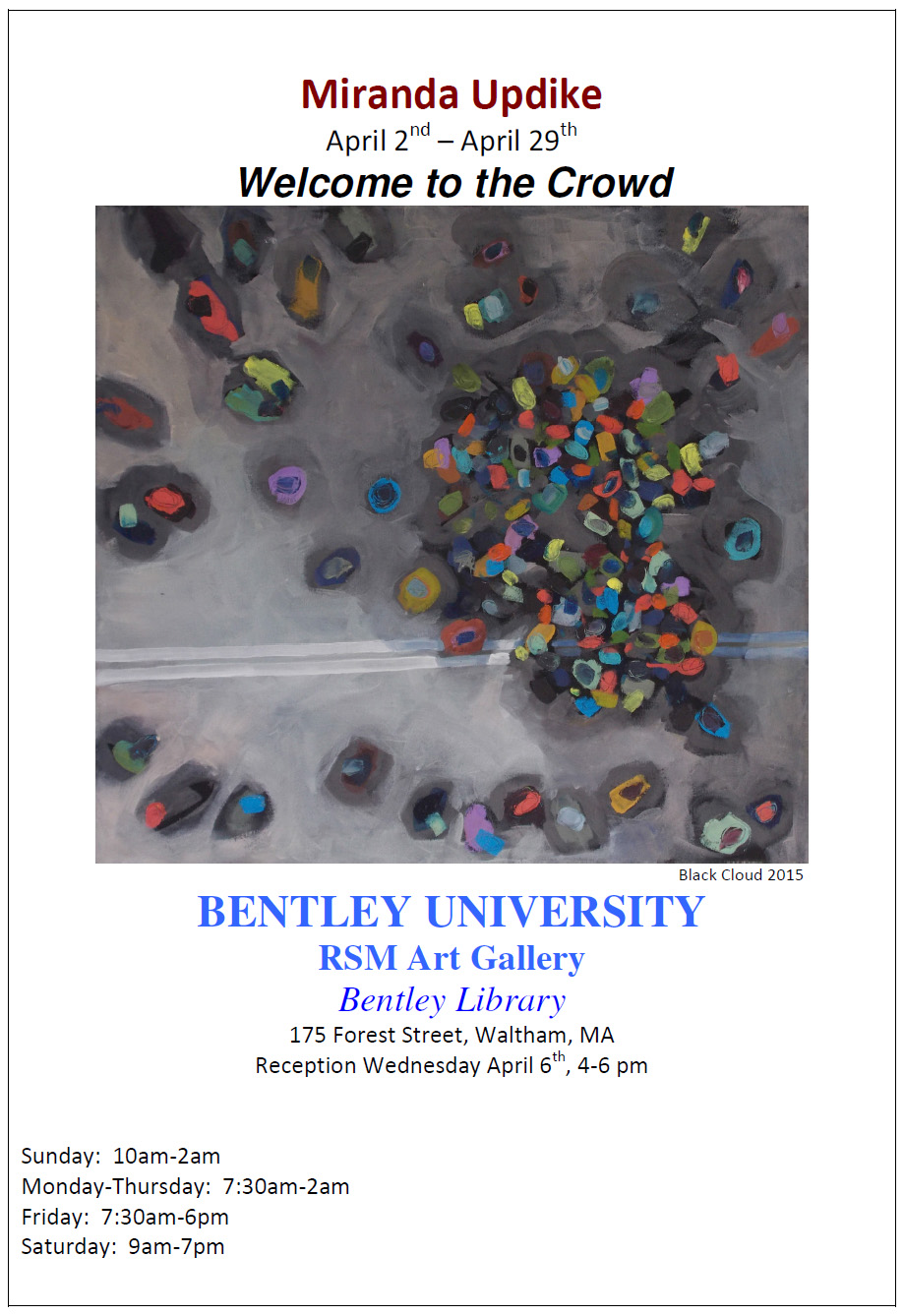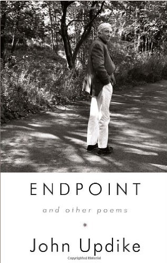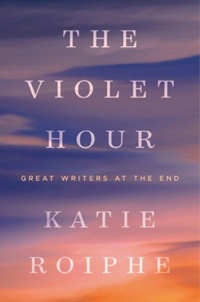 Writing for the L.A. Review of Books, writer Meghan O’Gieblyn confesses, “Like so many women who came of age after the turn of the millennium, I was warned about John Updike almost as soon as I became aware of him. There was David Foster Wallace, who, in a 1997 review, popularized the epithet (attributed to a female friend), ‘Just a penis with a thesaurus.’ Then there was the writer Emily Gould, who placed him among the ‘midcentury misogynists’—a pantheon that also included Roth, Mailer, and Bellow. Perhaps most memorably, there was novelist and essayist Anna Shapiro, who claimed that Updike’s novels left the female reader ‘hoping that the men in your own life weren’t, secretly, seeing you that way—as a collection of compelling sexual organs the possession of which doomed you to ridicule-worthy tastes and concerns.'”
Writing for the L.A. Review of Books, writer Meghan O’Gieblyn confesses, “Like so many women who came of age after the turn of the millennium, I was warned about John Updike almost as soon as I became aware of him. There was David Foster Wallace, who, in a 1997 review, popularized the epithet (attributed to a female friend), ‘Just a penis with a thesaurus.’ Then there was the writer Emily Gould, who placed him among the ‘midcentury misogynists’—a pantheon that also included Roth, Mailer, and Bellow. Perhaps most memorably, there was novelist and essayist Anna Shapiro, who claimed that Updike’s novels left the female reader ‘hoping that the men in your own life weren’t, secretly, seeing you that way—as a collection of compelling sexual organs the possession of which doomed you to ridicule-worthy tastes and concerns.'”
In “Paradise Lost: On (Finally) Reading John Updike,” she views the criticism of Updike through the lens of her own cultural experience and offers her belated analysis of Couples, the first edition of which she found at a condo she rented in Florida, having “decided it was time to give the old leech a shot.”
“Beneath the antiquated details of Updike’s description, there are surely echoes of my own generation, whose mild rebellions have involved learning to make Greek yogurt from scratch and building tiny houses out of reclaimed wood. But the residents of Tarbox are also steadfast products of their time, an era wedged awkwardly between the explosion of psychoanalysis and the sexual revolution.”
O’Gieblyn concludes, “While the women in the novel are not without sexual agency, there’s an obvious power imbalance in all of this experimentation. Even when they initiate affairs, the women are never in control of them; it is the men who dictate the terms and invariably decide when and how they will end. More often than not, women are forced to use sex as a kind of currency—for revenge, for equality—and when they need furtive abortions, they are compelled to trade prurient acts for medical assistance.” But she concedes, “While the book is not exactly sympathetic to [women], the reality of these conditions is rendered with a sharp eye, through characters who are emotionally convincing. For what it’s worth, the book does not pretend that swinging—still referred to in those days as ‘wife-swapping’—benefitted all parties in equal measure.” She also notes, “Nobody can write the female body in decay quite like Updike.”
“Still, there was plenty in the book that lived up to Updike’s contemporary reputation: women who think things no woman would think. . . . .”
Ultimately, O’Gieblyn thinks that “Couples, like all great novels, can and has been read in myriad ways, but among them it might be regarded as a document of one man’s fears about the limits of his own dominion—his dawning premonition that paradise is tenuous, and his to lose.”

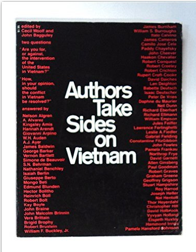
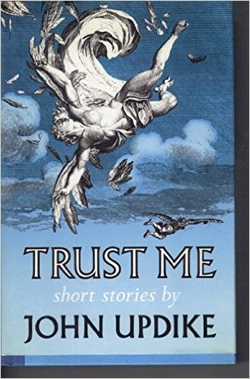
 If you shop Amazon.com, you can help the John Updike Society by changing your bookmark from amazon.com to smile.amazon.com so that all orders go through the “smile” url. Amazon will donate .5 percent of eligible purchases directly to the Society.
If you shop Amazon.com, you can help the John Updike Society by changing your bookmark from amazon.com to smile.amazon.com so that all orders go through the “smile” url. Amazon will donate .5 percent of eligible purchases directly to the Society.